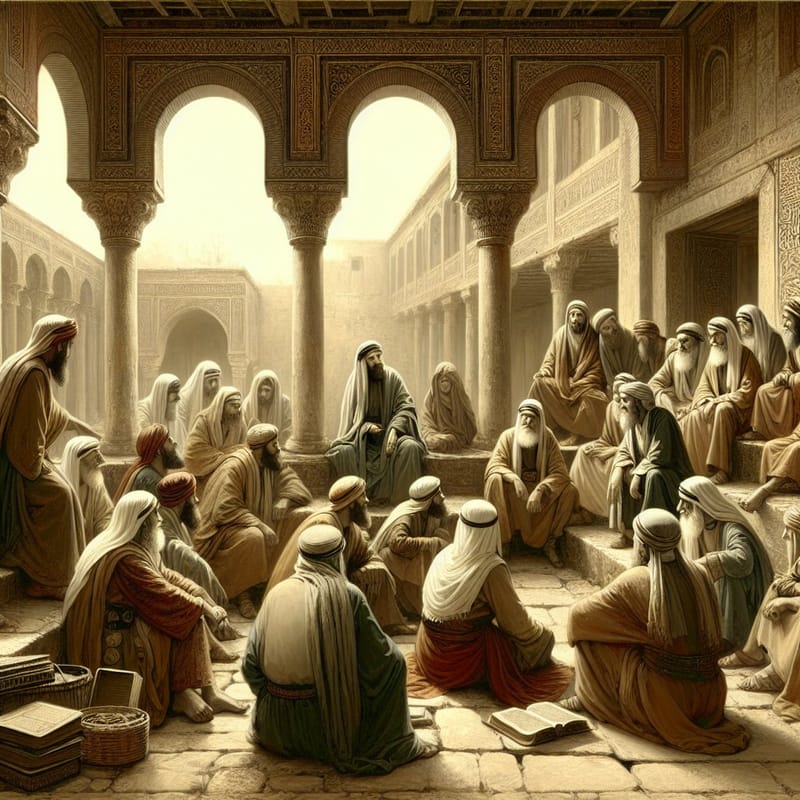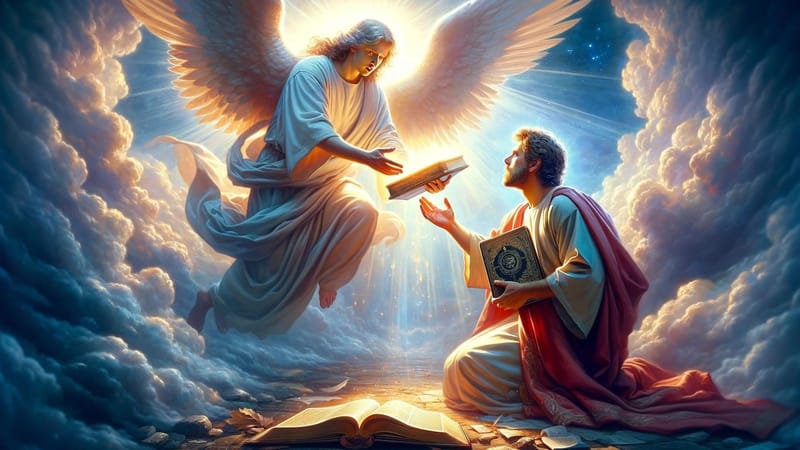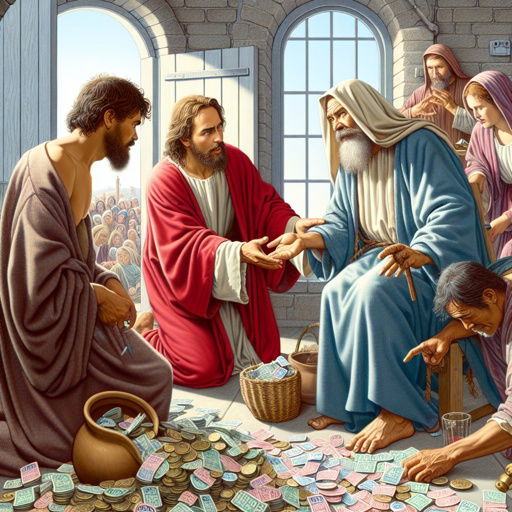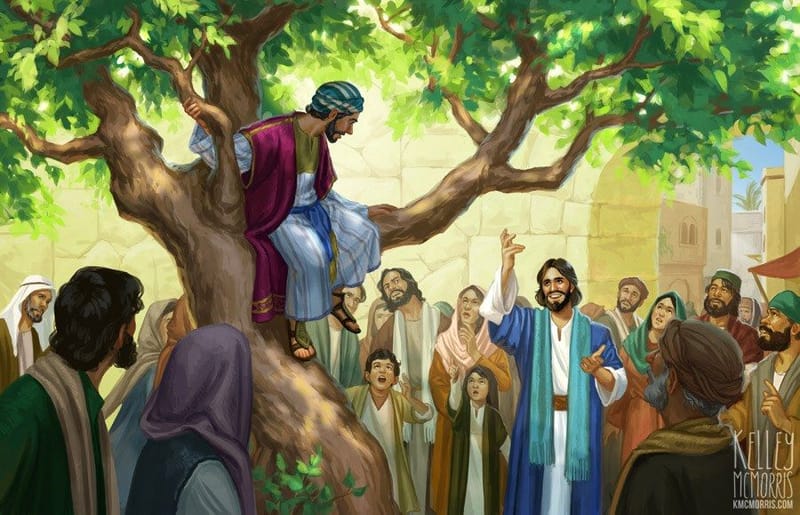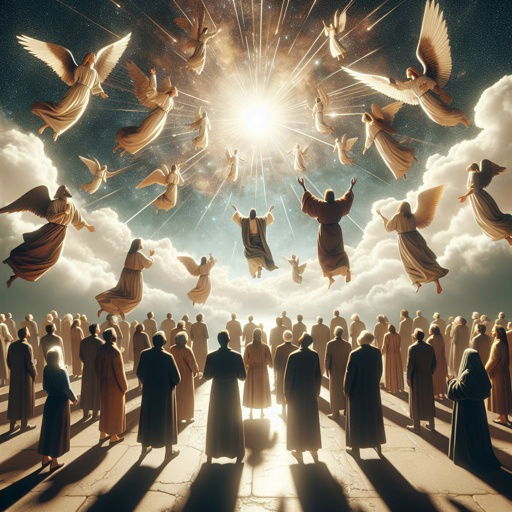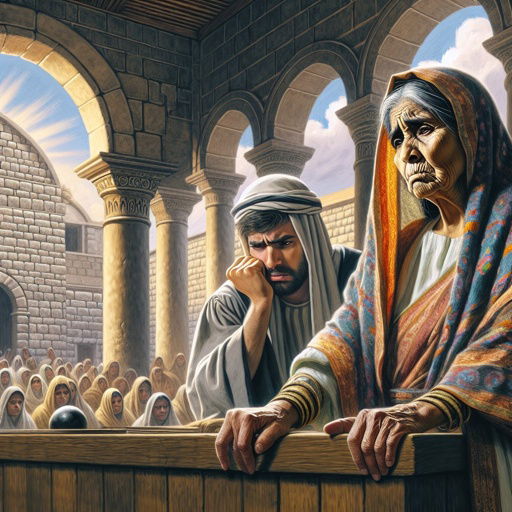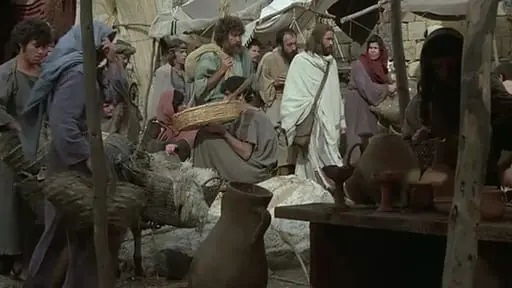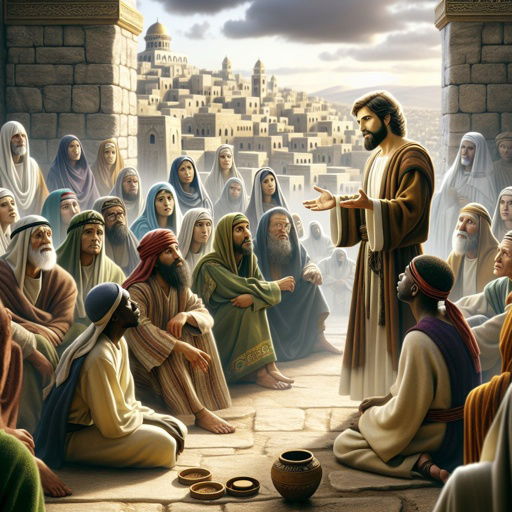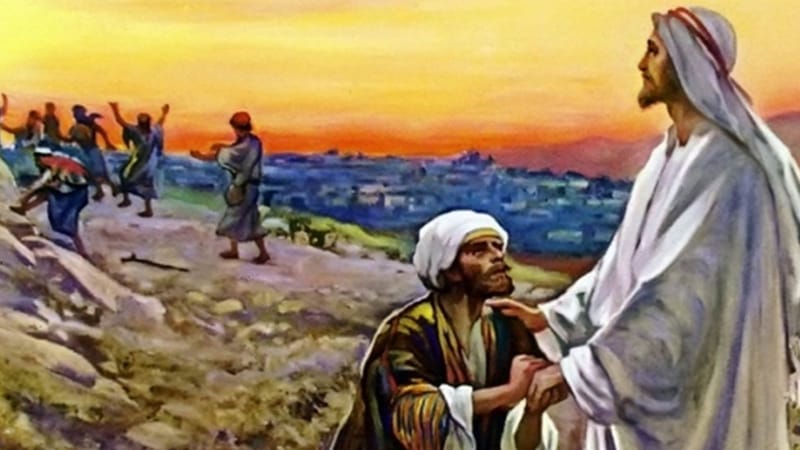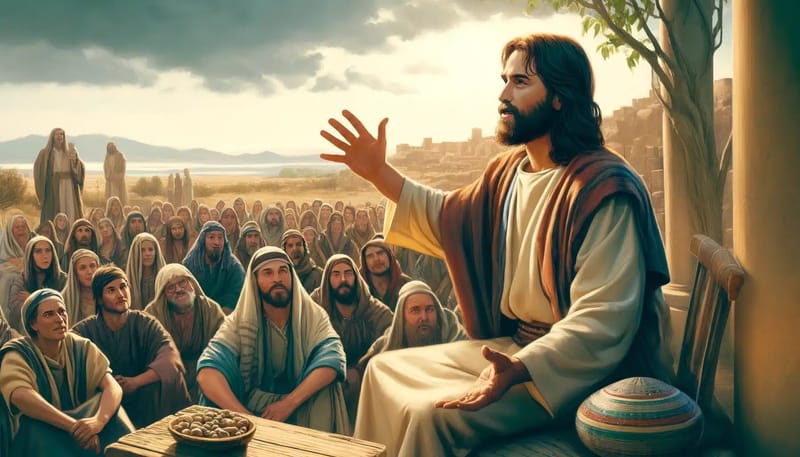DAILY HOMILIES
In today’s first reading, we continue the revelations of St. John, where he mentions the two witnesses (two olive trees or two lampstands) who stand before the Lord. These two witnesses were attacked and killed by the beast who came from the bottomless pit, but after three and a half days, the two witnesses rose to life when a breath from God entered them. Death is not the end; it is only a new beginning.
Read MoreAs John ate the scroll, we feed on God’s word daily. Jesus himself said: “Man shall not live on bread alone but by every word that comes from the mouth of God.” (Cf. Matthew 4:4, Luke 4:4, and Deuteronomy 8:3). The book of Hebrews also adds: “For the word of God is living and active, sharper than any two-edged sword, piercing to the division of soul and spirit, of joints and marrow, and discerning the thoughts and intentions of the heart” (Hebrews 4:12). God’s word is food, but it is also a sharp sword. This explains why it tasted sweet in John’s mouth and bitter in his stomach.
Read MoreThe lamb Abraham said God would provide, the lamb sacrificed in Leviticus, Numbers, and Deuteronomy, that Samuel offered, and the prophets spoke about is Jesus Christ.
Read MoreThe end must come, and we will render accounts for everything God gave us that day. This parable stylishly reminds us that nothing truly belongs to us – not even our lives. This should give us a sense of humility and responsibility. Remember that we are servants, and God, our creator, is the Master.
Read MoreIn Zacchaeus, we see a “Prodigal Son” whose conscience spoke to him. After hearing about Jesus, he desired to see him, but considering his height, he climbed a tree. The prodigal son knew he no longer deserved to be in his Father’s presence, so he chose to appeal for the position of a slave in his father’s house. Like Zaccheaus, we have all sinned against God, and we have various physical and spiritual defects (such as bad habits we struggle with). However, Jesus wants to see our efforts. What am I doing to make up for my deformities?
Read MoreLike falling in love, the beginning is usually very sweet; you think about the person all day, and you are ready to do anything for them, but as time passes, familiarity creeps in, the fire goes out. Upon conversion to the faith, the Ephesians must have begun many devout practices pleasing to God, but over time, these practices faded away.
Read MoreDaniel was talking about the brightness of good deeds: our holy life, our love for one another, our rendering of help to the needy, our genuine worship of God, our faithfulness to sound Christian living, etc. These good deeds are lights amid the darkness of sin enveloping our world today. If we don’t start shining now, we will not shine when we die.
Read MoreFaith will keep you going despite the failures you encounter. Edison believed in his vision, and even when he failed repeatedly, he wouldn’t stop. This is the kind of faith we need in God – a faith that continues to believe regardless of our failures or disappointments. In today’s Gospel passage, Jesus uses the parable of the woman and the unjust judge to teach us the need for persistence in prayer.
Read MoreAgain, the fact that “everybody is doing it” does not mean that God is not offended by it. Do not take God’s mercy for granted. Jesus says that on that day, many would go about their daily routines, eating, drinking, buying, selling, planting, building, and so on, and judgment would happen like a surprise. Then, we would all face the consequences of our actions.
Read MoreWe can achieve heaven on earth when we go out of our way to bring smiles to everyone around us. We can make God’s kingdom happen when we show care and concern for the welfare of everyone we meet. Someone once said the only difference between heaven and hell is the absence of love. When we hate one another, are self-centred, or desire the death and destruction of one another, we are living in hell.
Read MoreThe benefits of giving thanks are uncountable. People may say: “Don’t mention,” or “Stop thanking me”, and so on, but the truth is that, deep within them, they feel super-excited that someone is showing appreciation. It is a basic human need to be appreciated by others.
Read MoreSelf-control or self-discipline is not something we acquire from the blues; it is one of the fruits of the Holy Spirit; that is to say, self-control is one of the manifestations of the presence of the Holy Spirit in us. Hence, to be more self-controlled, we must pray constantly for the outpouring of the Holy Spirit in our lives.
Read More